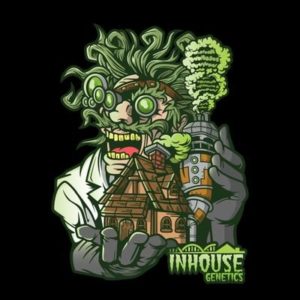
As a discovery venture in uncharted territory, the strategy was to assemble and query as much data as possible: DNA contributed by tens of thousands of people both broad and deep medical and health data and, crucially, comprehensive genealogies linking all these participants together.

A decade before the term was in common use, deCODE's premise was that this was a big data problem: finding variants impacting risk in dynamic interaction with lifestyle and other factors would require studies not at the family level, but at the scale of public health. Stefansson was convinced that these existed and could be identified, but only by working at industrial scale. Yet it was far from universally accepted that there was any significant genetic component to common/complex diseases like heart disease or type 2 diabetes with well-known behavioral and environmental risk factors nor, even if there were, whether such variations could be found given the rudimentary technology for reading DNA. At the time, the causes of some rare diseases - often variations in single genes that could be found by studying small families - were beginning to be uncovered.

In 1996, when Stefansson left a tenured position at Harvard Medical School to return to Iceland to found a genomics enterprise, nearly everything in his thinking was unproven or controversial. This example has helped to spur investment in genomics and precision therapeutics by other pharmaceutical and biotechnology companies. Since 2012, it has been an independent subsidiary of Amgen and its capabilities and discoveries have been used directly in the discovery and development of novel drugs. But it has also made pioneering contributions to the realization of precision medicine more broadly, through public engagement in large-scale scientific research the development of DNA-based disease risk testing for individuals and across health systems and new models of private sector participation and partnership in basic science and public health. deCODE is probably best known for its discoveries in human genetics, published in major scientific journals and widely reported in the international media.

The company was founded in 1996 by Kári Stefánsson with the aim of using population genetics studies to identify variations in the human genome associated with common diseases, and to apply these discoveries "to develop novel methods to identify, treat and prevent diseases." Īs of 2019, more than two-thirds of the adult population of Iceland was participating in the company's research efforts, and this "population approach" serves as a model for large-scale precision medicine and national genome projects around the world. DeCODE genetics ( Icelandic: Íslensk erfðagreining) is a biopharmaceutical company based in Reykjavík, Iceland.


 0 kommentar(er)
0 kommentar(er)
